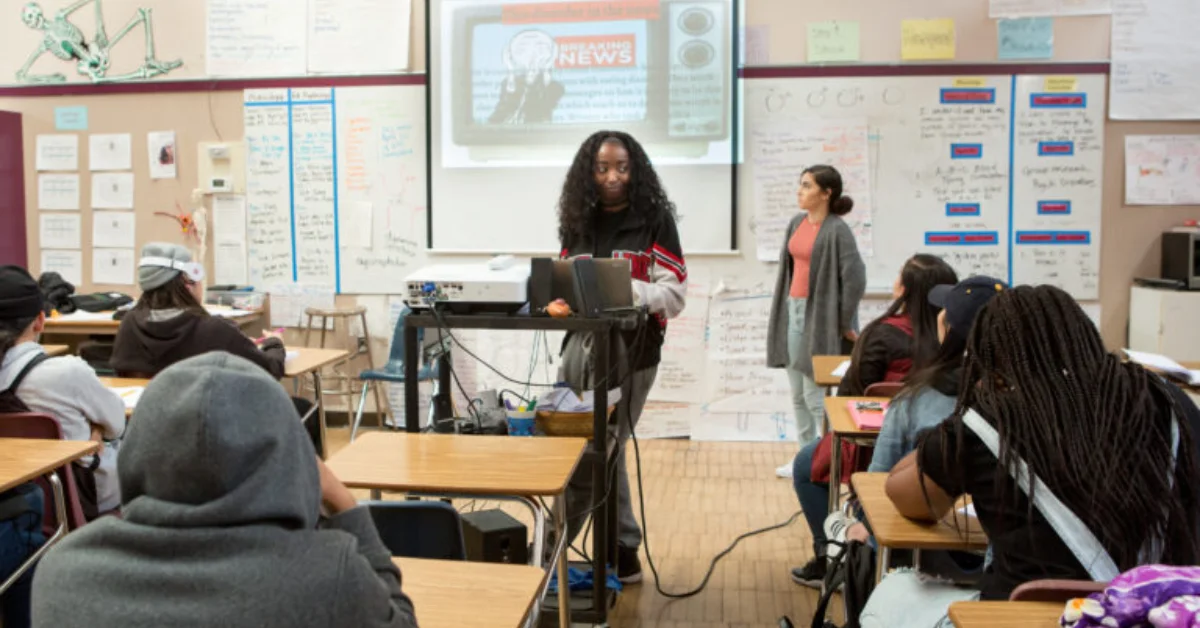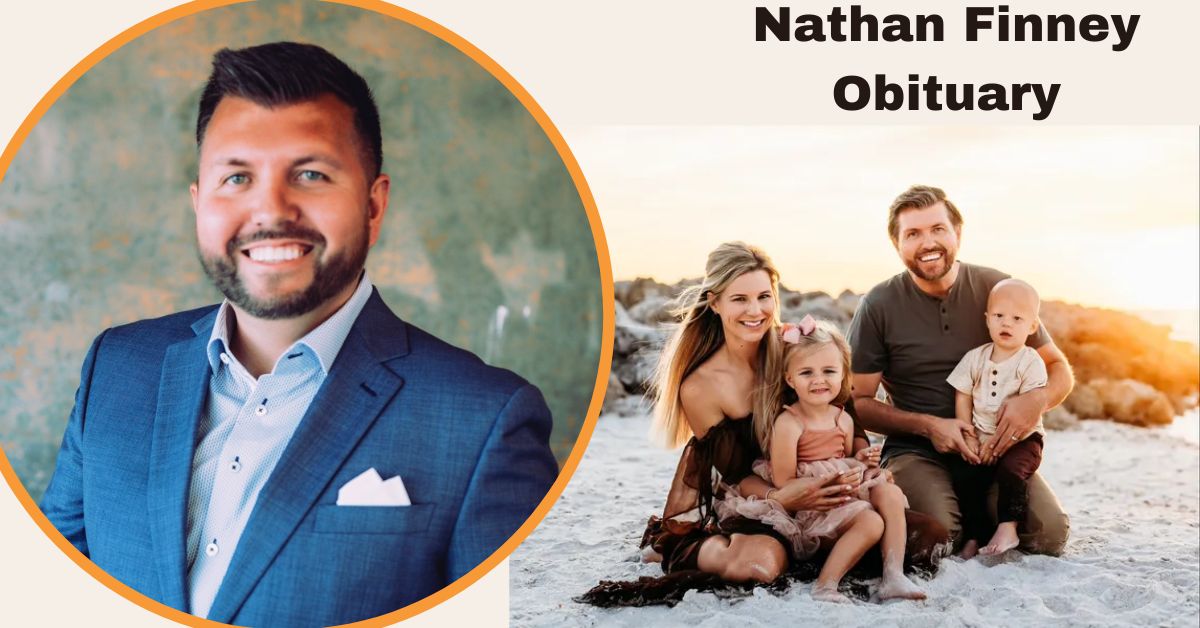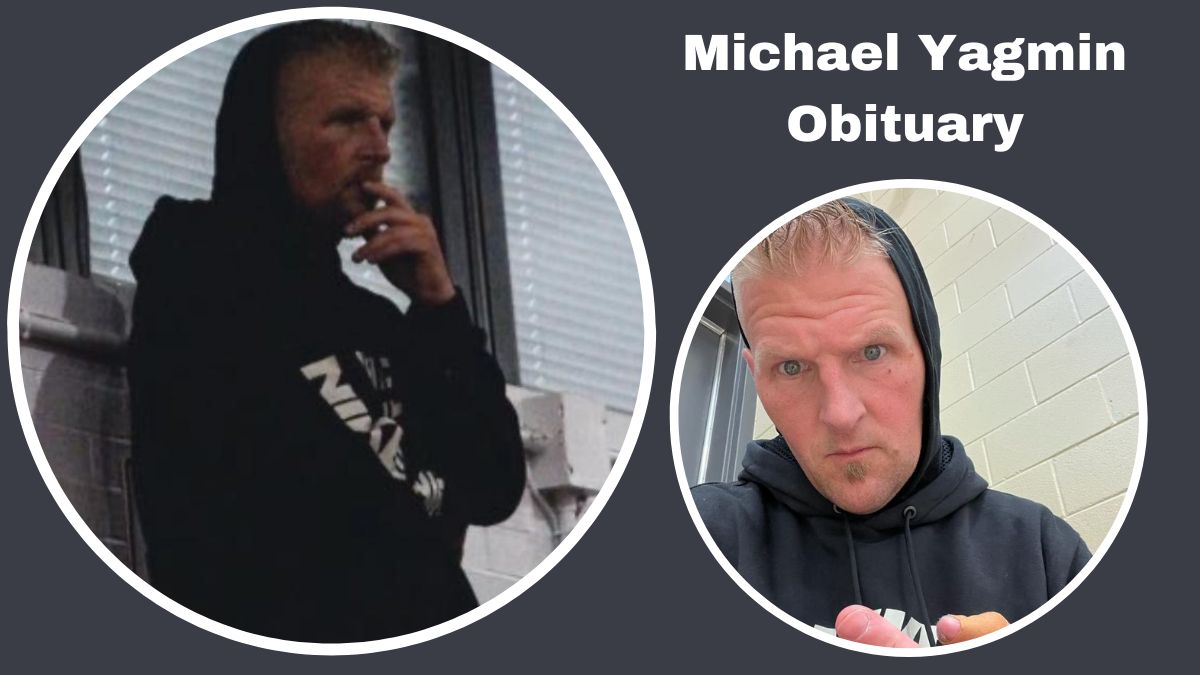SANTA CRUZ – Gavin Newsom, the governor of California, signed legislation making ethnic studies a prerequisite for high school graduation more than a year ago.
Although the requirement won’t be implemented until 2030, several schools in our region have already started using it, including Luther Burbank High School in Sacramento.
“Rock music is considered a white genre even though it came from black people,” Aniyah Williams, a freshman at Luther Burbank, said.
Williams, a 15-year-old, studies the background and accomplishments of African Americans and other underrepresented groups.
She is enrolled in ethnic studies as a freshman at Luther Burbank High and is mandated to take the course.
“I think it’s important for people in public schools, especially because there’s still a lot of racism even after all these years,” Williams said.
According to its teacher Erinn Leone, the course covers more than just the suffering of ethnic groups.
“For a lot of them, this is their first time ever seeing themselves in an academic space. It’s the first time they ever get to sit in a classroom and learn about who they are,” remarked Leonne, the school’s department head of social science.
Students from various backgrounds make up Leone’s class, which is a varied mix.
She can design her lessons if they adhere to the Common Core standards and the state module curriculum.
According to Leone, she uses a thematic approach while allowing courses and subjects to switch based on the class composition when teaching ethnic studies.
She claims she has seen significant improvement in the two years she taught the course.
“I do think that students are having a better appreciation and understanding, not just of themselves but of the people that are around them,” Leonne said.
Not only have attitudes changed, either.
Students who completed ethnic studies exhibited considerable improvements in attendance and GPAs, according to a 2021 Stanford research.
“We’ve seen more young people be more successful, more engaged, graduated higher levels,” said LaShawn Route Chatmon.
The National Equity Group, a Bay Area non-profit working to promote racial equity in public schools, was founded by Chatmon as its first executive director.
“The inclusion of E.S. curriculum and its pedagogy is not about actually deepening a divide between racial groups; it’s about increasing and expanding each other’s humanity,” Chatmon said.
Nonetheless, some parents have become incensed once their children learn about racial issues in America.
An argument broke out at a Nevada County school board meeting in Grass Valley in the fall of 2021.
Check out more related articles we’ve published:
- Two Tennessee Democrats Expelled From House Following Guns Protest
- Son of Ex-Florida State Employee Apprehended For Suspected School Threats
- Investigation Underway After False Threat At Oxford High School
The district’s efforts on equality and inclusion drew criticism from parents in this predominantly white town, who linked those words to critical race theory, which district officials swear is not taught.
Aniyah hopes it can boost her confidence, even though the battle lines over any racial discussions in the classroom have been firmly defined.
“I hope I can learn more about how to be comfortable in my own skin, be able to speak up when I have something to say,” she said.
So who is qualified to instruct ethnic studies in high school? Currently, teachers with a social science certificate can only teach the subject.
But that can alter. A state bill to make a teaching certificate for ethnic studies mandatory by 2025 was submitted in February.
Tyler is a passionate journalist with a keen eye for detail and a deep love for uncovering the truth. With years of experience covering a wide range of topics, Tyler has a proven track record of delivering insightful and thought-provoking articles to readers everywhere. Whether it’s breaking news, in-depth investigations, or behind-the-scenes looks at the world of politics and entertainment, Tyler has a unique ability to bring a story to life and make it relevant to audiences everywhere. When he’s not writing, you can find Tyler exploring new cultures, trying new foods, and soaking up the beauty of the world around him.











